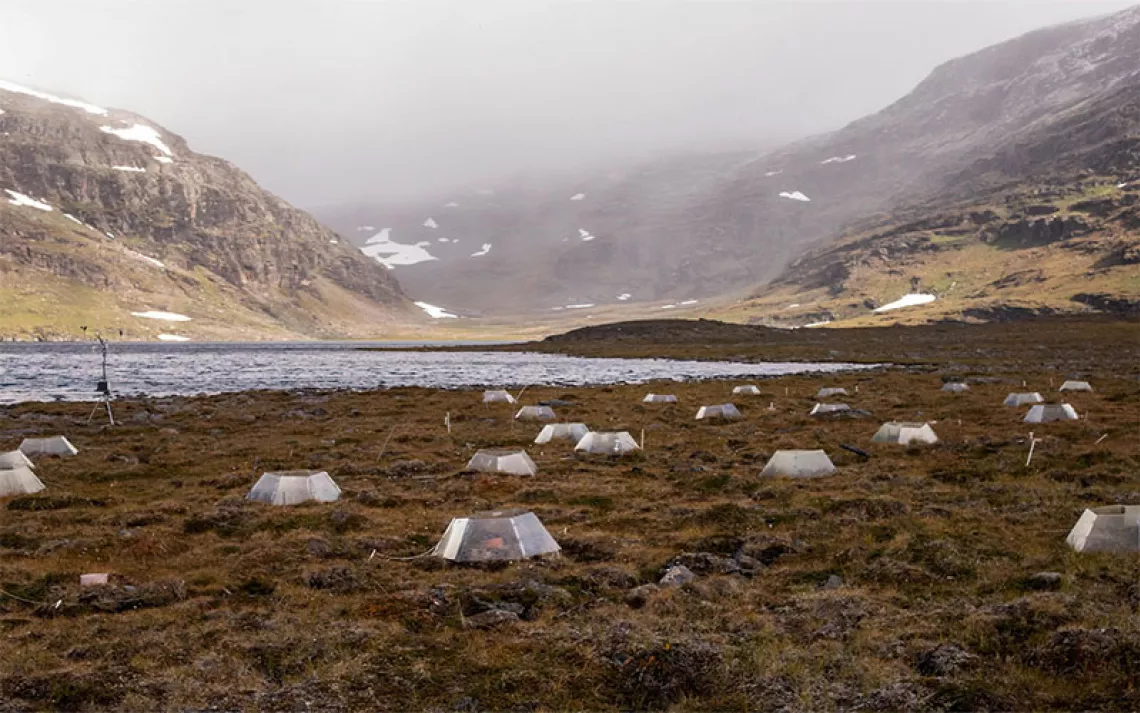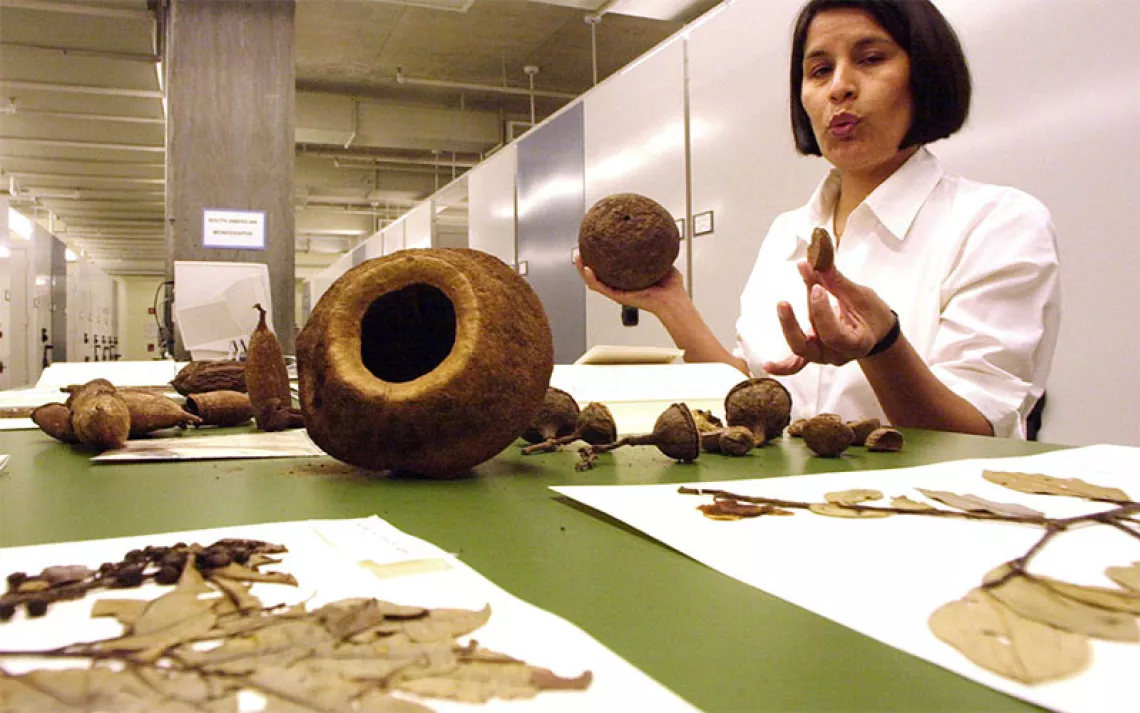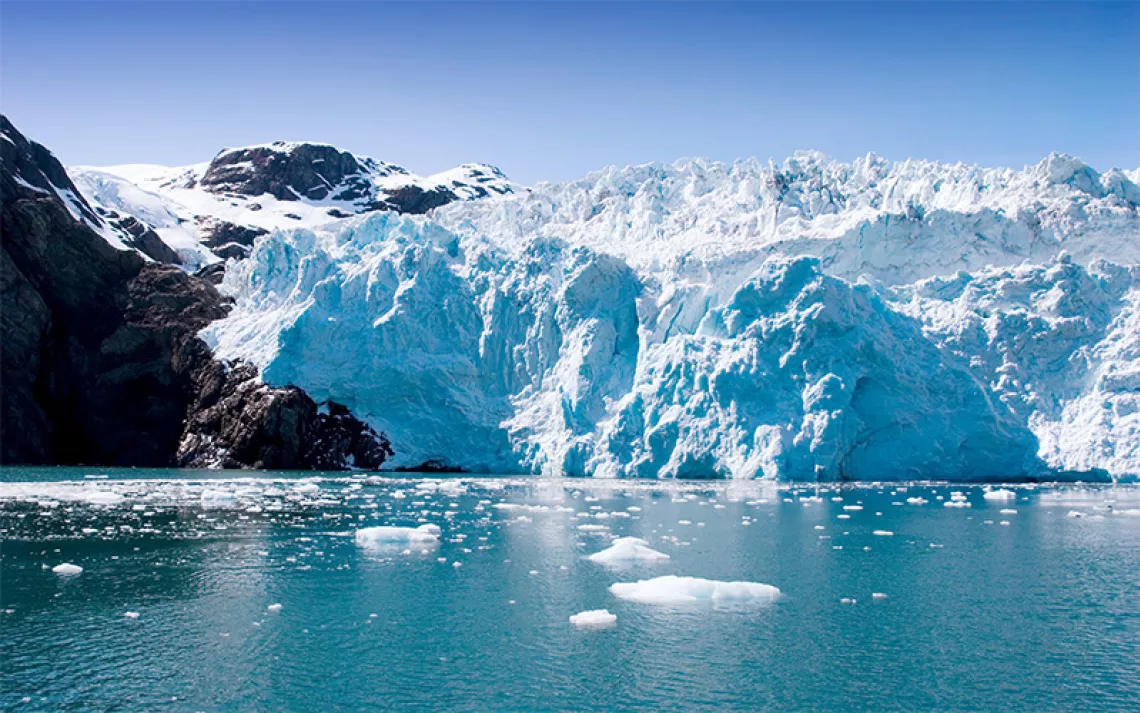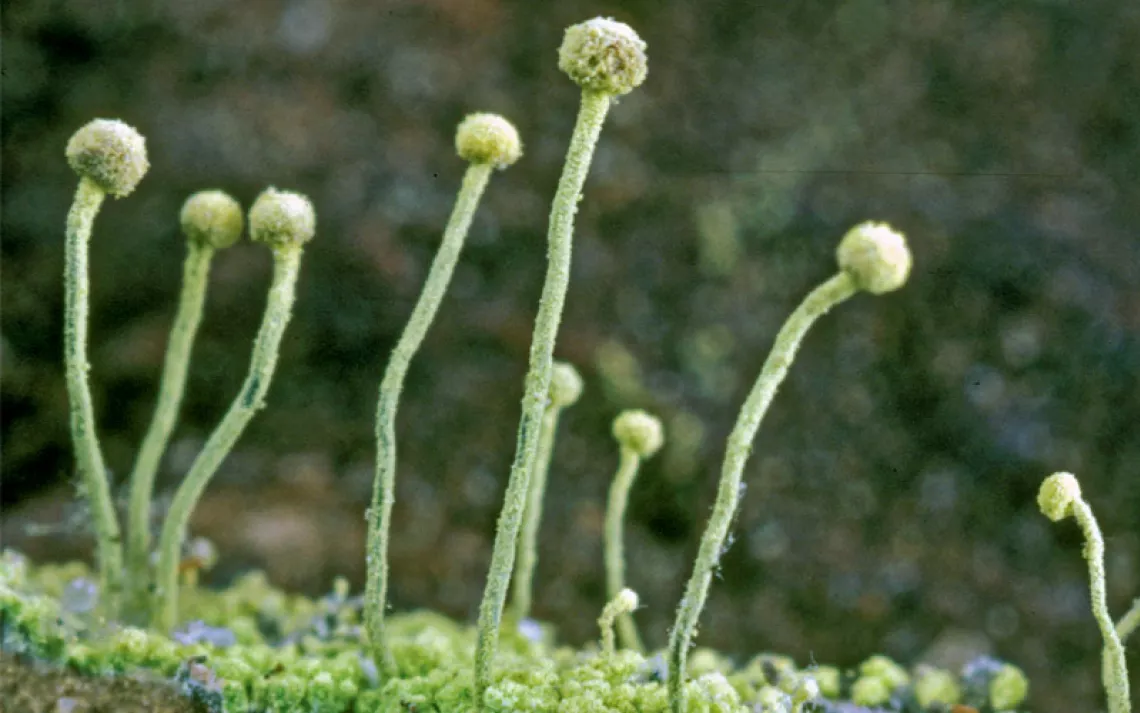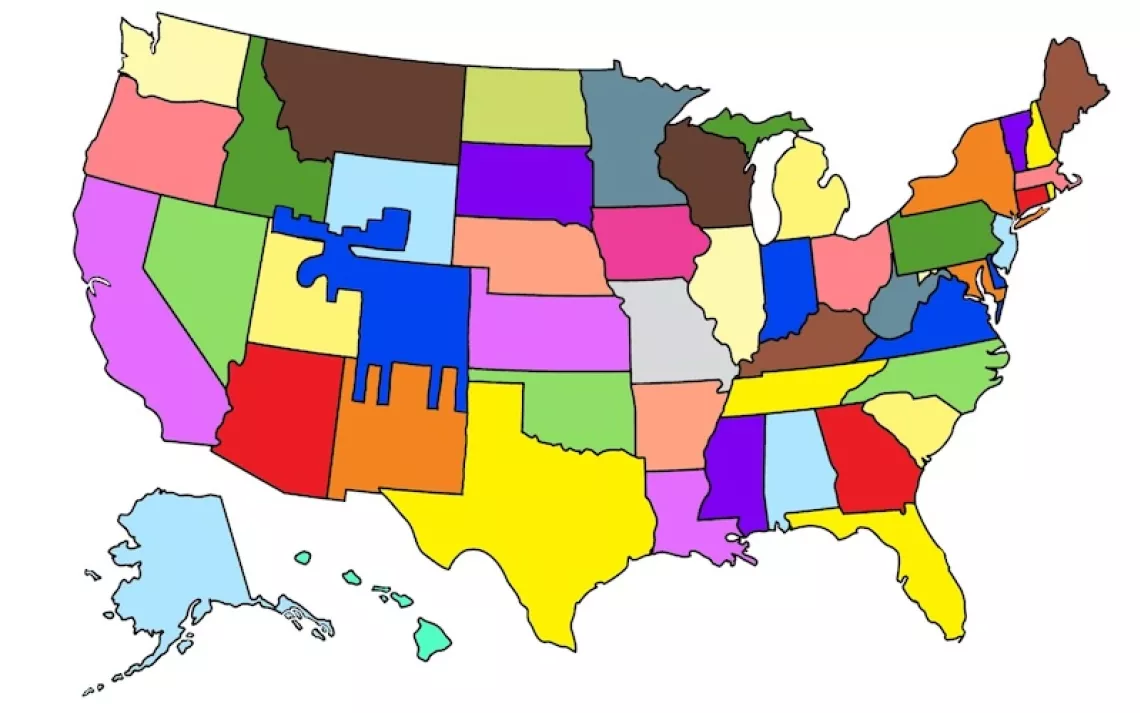See Something? Say Something to the Union of Concerned Scientists.
UCS Science Protection Project provides legal aid to scientists under threat

Photo by ieang/iStock
Scientists’ role in the federal government is profound—whether through the National Institutes of Health, the Department of Agriculture, or the Bureau of Consumer Protection, the national government relies on scientific research to keep Americans safe and healthy. However, scientists’ ability to do their jobs freely has been under threat since President Trump’s election. For instance, the National Oceanic and Atmospheric Administration lacks an appointed leader, climate scientists worry that their collaborative report for the National Climate Assessment will be muzzled, and the Environmental Protection Agency canceled its own proposed ban of chlorpyrifos, a neurotoxic pesticide (though some senators are fighting to put the ban back on the table).
Enter the Union of Concerned Scientists, an organization with a mission to prevent political interference in federal science. That objective becomes a lot harder when leaders from regulated business industries get appointed to lead agencies toward which they’re openly hostile (take the obvious case in point of Scott Pruitt, head of the EPA), and of course, when the president’s administration immediately freezes new scientific grants at the EPA—grants that fund climate-oriented research and projects throughout the country. Since Trump took office, several scientists have cited their fear of being muzzled. On June 15, Joel Clement, former director of the Office of Policy Analysis at the U.S. Interior Department became one of about 50 senior department employees who were reassigned to unrelated accounting jobs. Clement subsequently published an op-ed in the Washington Post citing his belief that his reassignment stemmed from retaliation—the scientist had spoken out publicly about the dangers of climate change.
It’s all part of why the UCS launched its new Science Protection Project—to provide confidential legal aid to federal scientists and their allies who are aware of any way in which scientific activities are being curtailed. This includes instances of undisclosed conflicts of interest, reduction of access to scientific data, or violations of agency scientific integrity policies. While the UCS is subject to subpoenas, this project affords whistleblowers a confidential avenue to discuss their concerns and attorney-client privilege. After meeting with scientists, attorneys can consult UCS to determine a path forward—whether that involves filing Freedom of Information Act requests, reporting the political interference to the Office of the Inspector General, or informing the press.
“All modern presidents have politicized science in some way, but the Trump administration’s goal of the deconstruction of the administrative state means getting rid of the EPA,” says Mark Halpern, deputy director of the UCS Center for Science and Democracy. “Luckily, we’ve elected a president and not a dictator. Scrutiny raises the political price of engaging in this kind of activity. . . . It’s important to expose actions that diminish the role of science in policy-making, and to communicate the impact that has on people’s everyday lives.”
With the air we breathe and water we drink at stake, the impact could not be more clear.
 The Magazine of The Sierra Club
The Magazine of The Sierra Club
